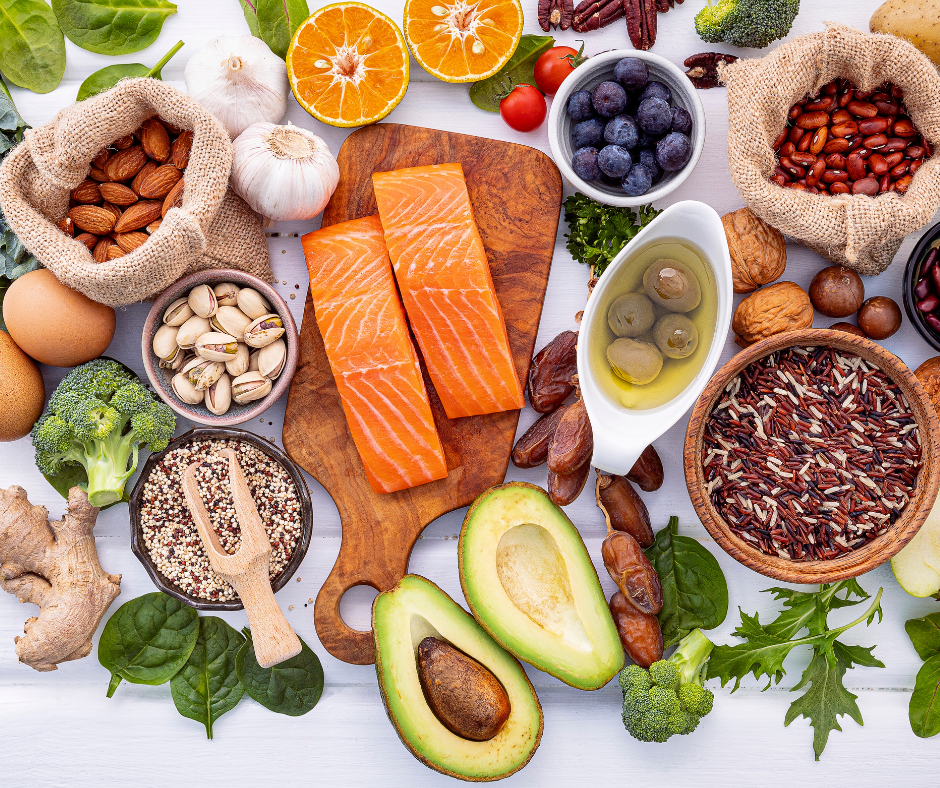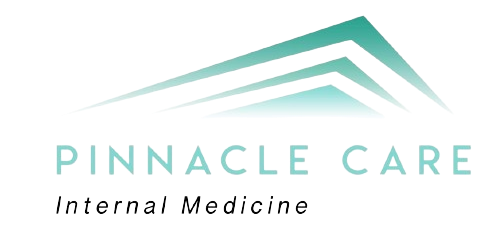The Best Supplements and Natural Foods for Health After 50

February 27, 2025
As we age, our bodies require extra support to maintain energy, cognitive function, muscle strength, bone density, and overall health. While supplements can fill in nutritional gaps, a balanced diet with nutrient-dense foods is just as important. Below, we highlight scientifically backed supplements and alternative food sources to help optimize health after 50.
1. Brain Health & Cognitive Function
Omega-3 Fatty Acids (EPA & DHA)
- Why? Supports brain function, reduces inflammation, and may help prevent cognitive decline.
- Dosage: 1,000-2,000 mg EPA+DHA per day.
- Food Sources: Fatty fish (salmon, mackerel, sardines, trout), walnuts, flaxseeds, and chia seeds.
B Vitamins (B6, B9/Folate, B12)
- Why? Reduces homocysteine levels linked to dementia and supports nerve function.
- Dosage: B12 (500-1000 mcg/day), B6 (10-25 mg/day), Folate (400 mcg/day).
- Food Sources: Leafy greens, eggs, legumes, fortified cereals, beef liver, and nutritional yeast.
Creatine Monohydrate
- Why? Enhances brain energy metabolism and cognitive function.
- Dosage: 3-5 g/day.
- Food Sources: Red meat, pork, and fish (though in much smaller amounts).
Phosphatidylserine (PS)
- Why? Supports memory, attention, and brain cell function.
- Dosage: 100-300 mg/day.
- Food Sources: Soybeans, white beans, egg yolks, and organ meats.
Lion’s Mane Mushroom
- Why? Supports nerve growth and cognitive function.
- Dosage: 500-1000 mg/day.
- Food Sources: Fresh lion’s mane mushrooms (available in specialty stores or supplements).
2. Muscle Strength, Bone Health & Balance
Vitamin D3 + K2
- Why? Essential for bone density, muscle function, and fall prevention.
- Dosage: Vitamin D3 (2000-5000 IU/day), K2 (MK-7) (100-200 mcg/day).
- Food Sources: Sunlight, dairy products, egg yolks, fermented foods (natto, cheese).
Magnesium
- Why? Improves muscle strength, reduces cramps, and supports bone health.
- Dosage: 300-400 mg/day.
- Food Sources: Nuts (almonds, cashews), seeds, spinach, dark chocolate, avocados.
Collagen Peptides
- Why? Supports joint, bone, and muscle function.
- Dosage: 10-15 g/day.
- Food Sources: Bone broth, chicken skin, fish skin, eggs.
HMB (β-Hydroxy β-Methylbutyrate)
- Why? Helps prevent muscle loss (sarcopenia).
- Dosage: 3 g/day.
- Food Sources: Avocados, citrus fruits, catfish (though in much smaller amounts).
Coenzyme Q10 (CoQ10)
- Why? Supports mitochondrial energy production, improves muscle strength, and reduces fatigue.
- Dosage: 100-300 mg/day.
- Food Sources: Organ meats (heart, liver, kidneys), fatty fish, whole grains.
3. Heart Health & Circulatory Function
Berberine
- Why? Lowers blood sugar, improves cholesterol, and supports heart health.
- Dosage: 500 mg, 2-3x/day.
- Food Sources: Barberry, goldenseal, Oregon grape (though not in therapeutic doses).
Resveratrol
- Why? Reduces inflammation and supports vascular health.
- Dosage: 150-500 mg/day.
- Food Sources: Red grapes, red wine, peanuts, blueberries.
Curcumin (Turmeric Extract)
- Why? Powerful anti-inflammatory for heart and brain function.
- Dosage: 500-1000 mg/day with black pepper.
- Food Sources: Turmeric spice (paired with black pepper for absorption).
Flavonoids (Quercetin, EGCG, Citrus Bioflavonoids)
- Why? Supports vascular function and reduces oxidative stress.
- Dosage: 500-1000 mg/day.
- Food Sources: Green tea, berries, apples, onions, citrus fruits.
4. Energy & Metabolism
NAD+ Precursors (NR/NMN)
- Why? Supports mitochondrial function and may promote longevity.
- Dosage: 250-500 mg/day.
- Food Sources: Milk, yeast, whole grains (though in small amounts).
Alpha-Lipoic Acid (ALA)
- Why? Supports glucose metabolism and nerve function.
- Dosage: 300-600 mg/day.
- Food Sources: Spinach, broccoli, tomatoes, potatoes.
L-Carnitine (Acetyl-L-Carnitine)
- Why? Improves mitochondrial function and energy metabolism.
- Dosage: 500-2000 mg/day.
- Food Sources: Red meat, poultry, dairy.
5. Cancer & Chronic Disease Prevention
Sulforaphane (Broccoli Sprout Extract)
- Why? Powerful anti-cancer compound, supports detoxification.
- Dosage: 50-100 mg/day.
- Food Sources: Broccoli sprouts, Brussels sprouts, kale, cabbage.
Selenium
- Why? Supports immune function, reduces cancer risk.
- Dosage: 100-200 mcg/day.
- Food Sources: Brazil nuts, seafood, eggs.
Melatonin
- Why? Antioxidant, supports cancer prevention and sleep regulation.
- Dosage: 0.5-3 mg/night.
- Food Sources: Tart cherries, grapes, tomatoes.
Aging doesn’t mean slowing down—it means optimizing health with the right nutrients! Whether through supplements or whole foods, prioritizing these key nutrients can boost energy, brain function, muscle strength, and prevent chronic diseases. For personalized recommendations, consult with your doctor to find the best regimen for your needs!
Namita Swarup Sachdeva
